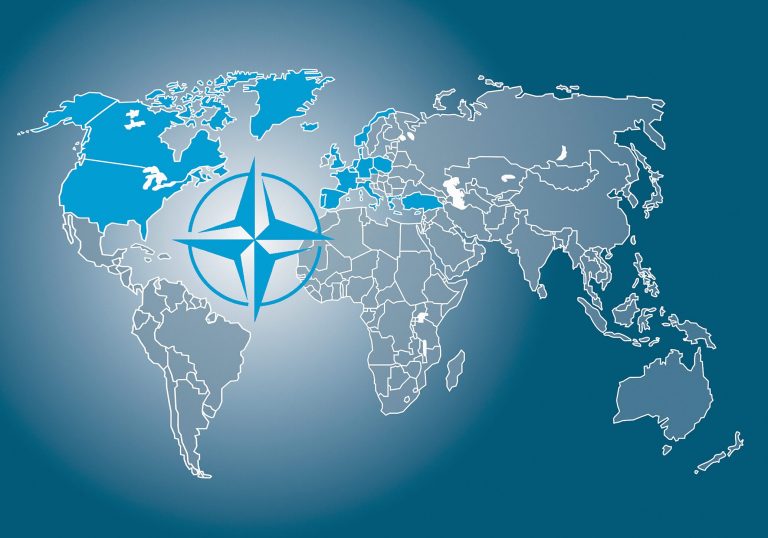
The topic of Russia’s actions in relation to NATO is a complex and sensitive subject that involves international relations, security concerns, and geopolitical strategies. It is important to approach such topics with a balanced perspective, recognizing the various viewpoints and the potential implications of the actions taken by any nation on the global stage.
In recent times, the relationship between Russia and NATO has been marked by significant tension. The situation has escalated due to various incidents and political maneuvers, which have raised concerns about the stability and security of the international community. It is crucial to understand that the dynamics between Russia and NATO are not only about military confrontations but also involve economic sanctions, diplomatic negotiations, and the broader context of international law and order.
The international community, including experts in diplomacy, security, and conflict resolution, continues to monitor the situation closely. They advocate for dialogue and peaceful resolution of conflicts, emphasizing the importance of maintaining global peace and preventing any form of escalation that could lead to unintended consequences.
Register for Tekedia Mini-MBA edition 19 (Feb 9 – May 2, 2026): big discounts for early bird.
Tekedia AI in Business Masterclass opens registrations.
Join Tekedia Capital Syndicate and co-invest in great global startups.
Register for Tekedia AI Lab: From Technical Design to Deployment (next edition begins Jan 24 2026).
Here are some specific events that have contributed to the rising tensions:
Russia’s Invasion of Ukraine: NATO has condemned Russia’s invasion of Ukraine, which began in 2022, as a brutal and unprovoked act of aggression against an independent, peaceful, and democratic country. This invasion has been a central point of contention, with NATO providing unprecedented levels of support to Ukraine.
Annexation Attempts: NATO also condemns Russia’s illegal attempt to annex four regions of Ukraine – Donetsk, Luhansk, Kherson, and Zaporizhzhia – in September 2022, which has been described as the largest attempted annexation of European territory by force since the Second World War.
Suspension of the NATO-Russia Council: In response to Russia’s aggressive actions against Ukraine and the illegal annexation of Crimea, NATO suspended all practical civilian and military cooperation with Russia in April 2014, while keeping open channels of political and military communication.
Diplomatic Mission Suspensions: Russia suspended its diplomatic mission to NATO and closed the alliance’s office in Moscow following NATO’s expulsion of Russian diplomats over espionage allegations.
Military Posturing and Rhetoric: Russia’s military posture and rhetoric, including the use of conventional, cyber, and hybrid means against NATO member countries and partners, have been perceived as aggressive actions undermining the rules-based international order.
Western-supplied Weapons to Ukraine: Tensions further escalated when NATO allies, such as the US and Germany, allowed Ukraine’s military to use Western-supplied weapons to strike targets inside Russia, leading to accusations from Russia of provoking a new level of tension.
It is the responsibility of the media, analysts, and the public to stay informed and considerate of the complexities involved in such international matters. Discussions and reports should be based on verified information and should contribute to a constructive dialogue aimed at finding sustainable solutions.
For those interested in further exploring this topic, there are numerous resources available that provide detailed analyses and updates on the current state of affairs between Russia and NATO. These resources offer insights into the historical context, the strategic interests at play, and the efforts being made to address the challenges that arise from such a multifaceted relationship.
The subject of Russia’s interactions with NATO is a reminder of the delicate balance that exists in international relations. It underscores the need for continuous engagement, mutual understanding, and a commitment to peace and security by all parties involved. The hope is that through concerted efforts and responsible actions, a path towards stability and cooperation can be achieved.



